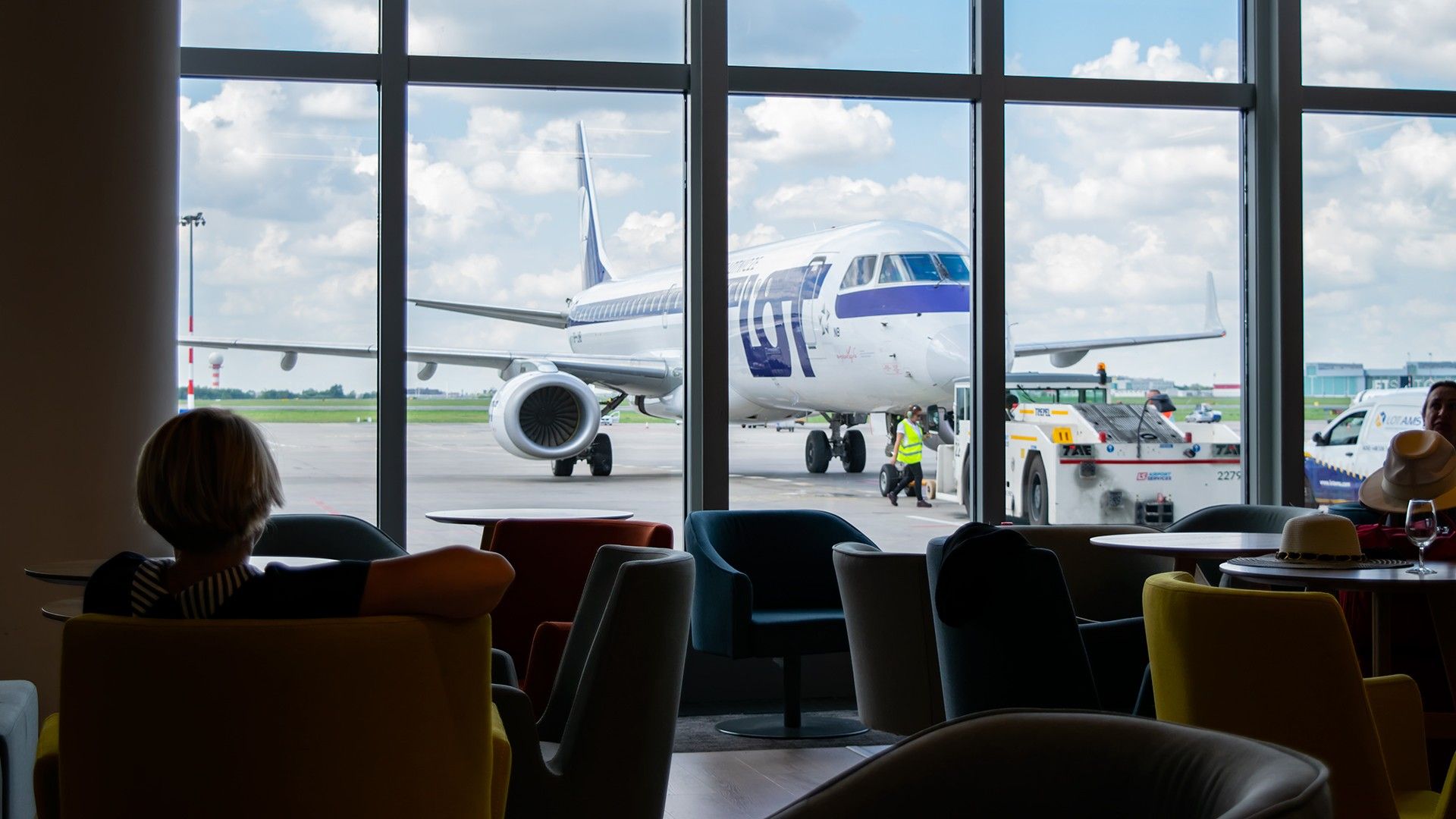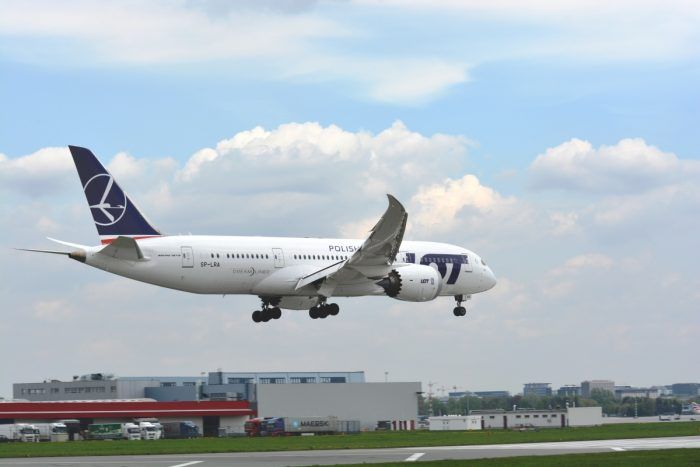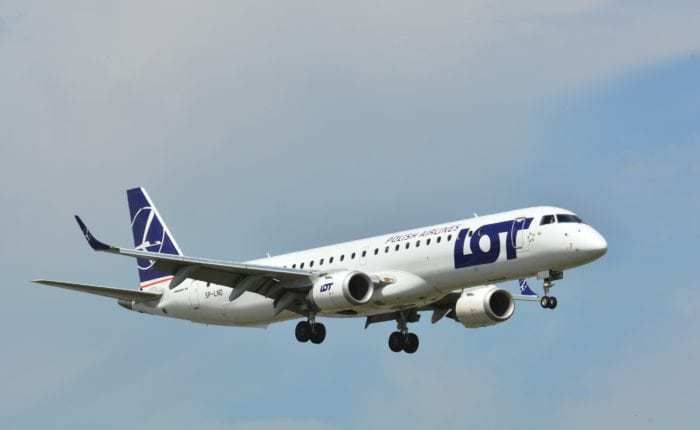Poland's ongoing industrial dispute over poor working conditions for air traffic controllers has calmed down after a last-minute deal was settled today between air traffic control unions and Polish authorities.
What has been happening?
Towards the end of last year, new bylaws regarding terms and conditions of employment and salaries were introduced, despite most employees not accepting them. The government had said that the decision was needed to respond to the lower passenger numbers during the COVID-19 pandemic.
Thus, the changes proposed in the new bylaws were made by the Polish Air Navigation Services Agency (PANSA). The proposed changes meant reducing the air traffic controllers' salaries to around 30,00 - 33,000 zloty ($6,776 - $7,454).
The Trade Union of Air Traffic Controllers (ZZKRL) highlighted that the issue was not just about wages but also work culture and safety issues. This is because the new regulations decrease the level of air traffic safety and increase stress levels, which contributes to mistakes at work, as said by the union:
"The conflict is by no means predicated on the issue of ‘buying us’ and financials alone. The key is to rebuild an institution with a high safety culture for both those who work in it and those for whom the institution works. We are talking about the lives of hundreds of thousands of passengers a day.”
This is why, in response to the bylaws, the ZZKRL gave a list of seven demands, including the removal of new rules asking for a single person to cover a shift alone.
Another demand was asking for compliance with the labor law regarding work time and the introduction of transparent remuneration policies. However, the list of demands was not given the required attention.
Devastating consequences
Unhappy with the new bylaws and how their demands were not being fairly heard, the air traffic controllers in Warsaw have since threatened to boycott their jobs if improvements are not made. Out of the 208 air traffic controllers who have been working earlier this year, 44 have already resigned in February, while another estimated 131 were threatening to leave by the end of April.
If they had done so tomorrow, then the remaining 33 air traffic controllers would have chaos in their hands or worse, as Warsaw would have seen disruptions to more than 600 flights starting from May 1st. The disruptions included reducing daily capacity to just 170 flights to Warsaw, leaving an estimated 340 flights at high risk of cancellations. In contrast, over 300 daily overflights via Polish skies need to be rerouted.
Contingency plans
Having anticipated that more air traffic controllers could boycott their jobs if the conflict were not amicably settled, Poland's Prime Minister Mateusz Morawiecki ordered that Warsaw restrict its airspace from Sunday.
The two affected airports are Chopin, the country's most significant, and Modlin, an airport to the city's north. Both airports were slated to operate only between 09:30 and 17:00 to restrict the number of flights. Only 32 destinations were given priority, such as three London airports of Heathrow, Luton, and Stansted. Other destinations included Frankfurt, Paris, Brussels, Istanbul, Rome, Amsterdam, Chicago, and New York.
Another contingency in place was when the Polish infrastructure ministry had prepared a draft of regulations that would allow the employment of foreign controllers in Poland. Even so, this would only solve the potential workforce issue temporarily.
Saved by a temporary truce
Fortunately for all involved, an eleventh-hour agreement between the ZZKRL union and PANSA has averted further travel chaos, as assured by the Polish Infrastructure Minister Andrzej Adamczyk:
“We are not threatened with paralysis of air traffic any more. Passengers can breathe a sigh of relief."
PANSA has agreed to start implementing 24 demands for improving safety procedures formulated by the union and is also prepared to discuss work culture, work organization, and whistleblower protection issues.
But there is a twist, as this last-minute agreement is only valid until July 10th. During this time, both the union and PANSA will continue talks to finalize the terms of future cooperation.
With the aversion, the government is now beginning procedures to withdraw the contingency plans it had earlier introduced that would have restricted flights in Warsaw.



